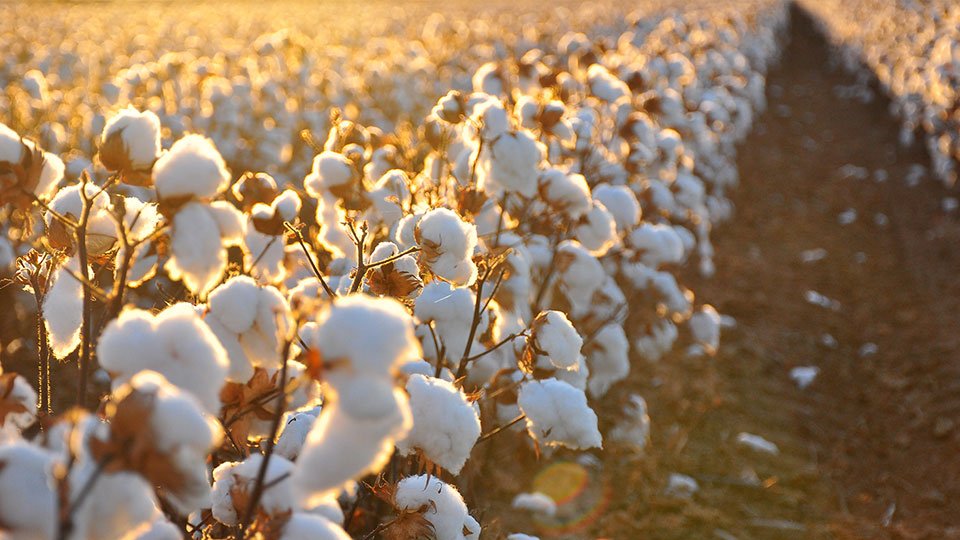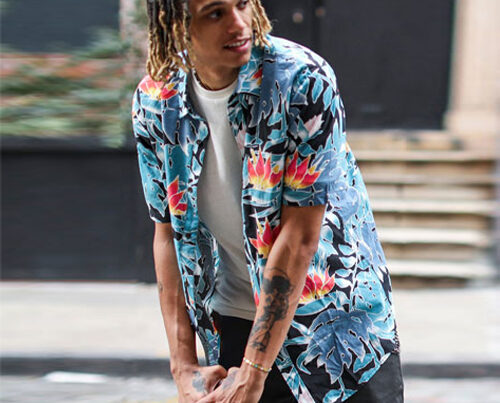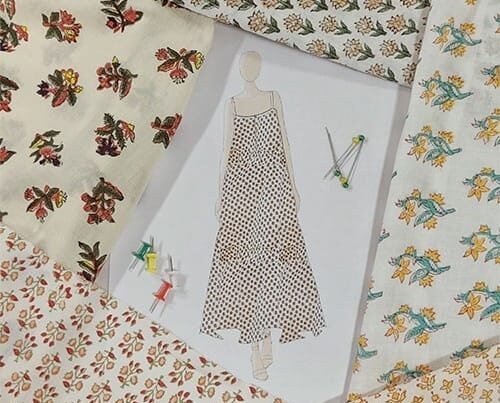Fashion as Imagination and Investment
Those of us who work in fashion know that making ethical decisions as industry leaders has never been more important. Fibre, yarn, cut, and drape ultimately come together to capture a woman’s imagination. When she buys a dress, she is really investing in a vision of herself.
The Rise of Ethical Fashion and Consumer Awareness
Over the last twenty years, consumers have started looking beyond the surface. They want to know how clothes are made and where they come from. Fashion brands that adopt sustainable fashion and ethical sourcing build lasting loyalty and stronger brand reputation.
Educating Brands for Maximum Impact
Many brands want to buy responsibly but lack knowledge. At Sonica Sarna Design, we help brands make informed choices. We gather data, create actionable roadmaps, and show how to maximize social and environmental impact. Our goal is to help brands become truly responsible businesses.
Navigating Ethics in Apparel Sourcing
After 25+ years in apparel sourcing, we know ethical change is challenging. Ethics in fashion covers environmental impact, worker rights, and cultural preservation. We simplify these issues and present practical alternatives for today’s supply chains.
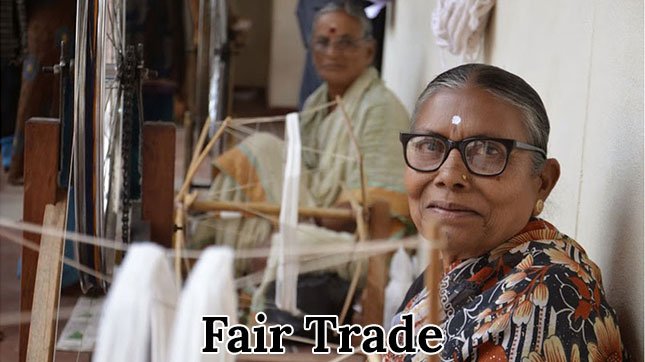
The Power of Fair Trade in Fashion
The fair trade movement began to ensure fair wages for coffee plantation workers. Today, it protects rural producers through responsible sourcing. In fashion, fair trade ensures workers earn living wages, work in safe conditions, and gain opportunities for community development.
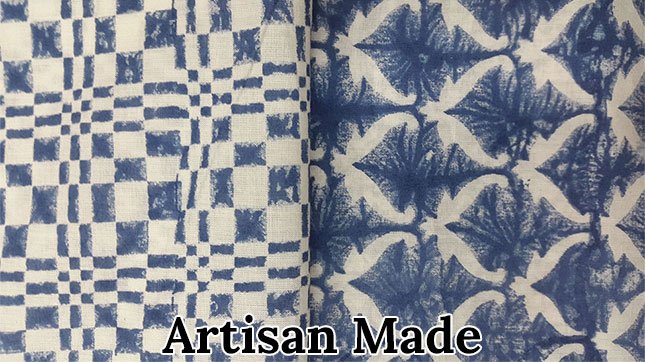
Preserving Artisan Skills and Empowering Communities
Luxury in the West often comes from artisan-made textiles, but traditional skills are disappearing. Brands that choose handmade inputs over mass production can:
- Create unique, high-fashion textiles
- Connect consumers with makers
- Preserve crafts and sustain livelihoods
- Support education, healthcare, and social development
Artisan techniques include handloom, khadi, block prints, batik, shibori, tie dye, ikat, and hand embroidery.
Email outreach@sonicasarna.com to learn more.
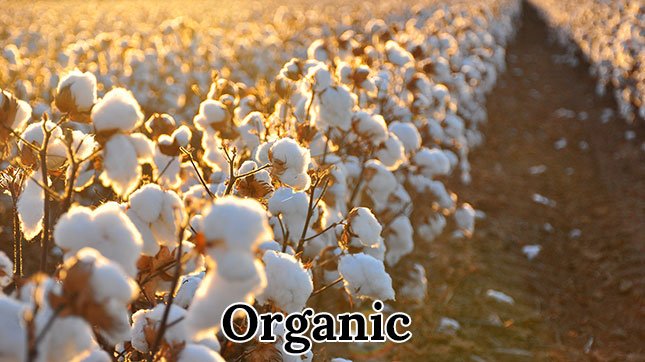
Embracing Organic Fabrics for Environmental Impact
Organic fabrics come from crops grown without chemicals. Using organic cotton, linen, or bamboo prevents carcinogenic chemicals from polluting soil and water. The GOTS standard ensures chemical-free production across the entire supply chain.
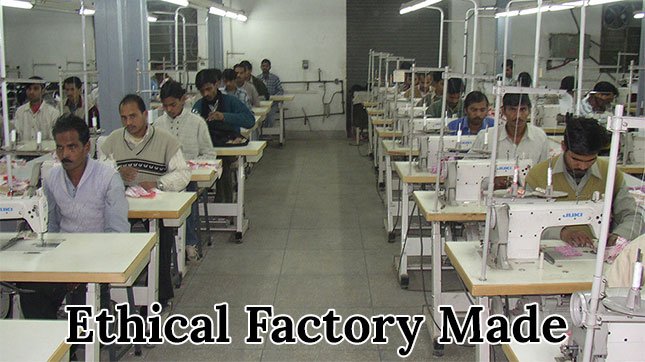
The Role of Ethical Factories
Not all factories are sweatshops. Many use advanced machinery and employ tailors, pattern makers, and workers in urban areas. Ethical factories pay fair wages and maintain safe working conditions.
Email outreach@sonicasarna.com to learn about social and technical compliance standards.
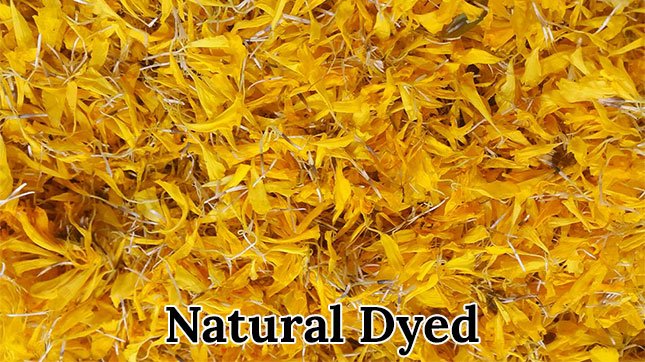
Why Natural Dyes Matter
Natural dyes come from plants, minerals, or invertebrates. Indigo, pomegranate, saffron, and madder are examples. They are healthier for makers and consumers and prevent toxic runoff that contaminates soil and water.
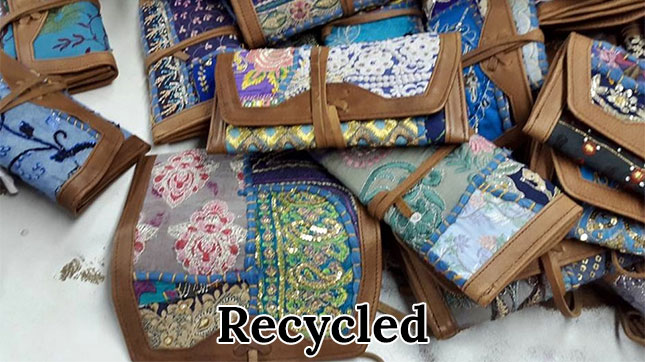
Recycled and Vegan Fashion Alternatives
Recycled fashion uses waste—old sarees, scrap fabrics, plastic, and leftover yarn—to create new products. Vegan fashion avoids leather and fur, preventing animal cruelty. Both options reduce environmental impact and appeal to conscious consumers.

The Future of Ethical Sourcing in Fashion
Choosing the right combination of ethical options can be daunting. Yet, consumer demand is clear, and expertise is available. Now is the perfect time for fashion leaders to make ethical decisions, clean up the supply chain, and embrace sustainable fashion.
